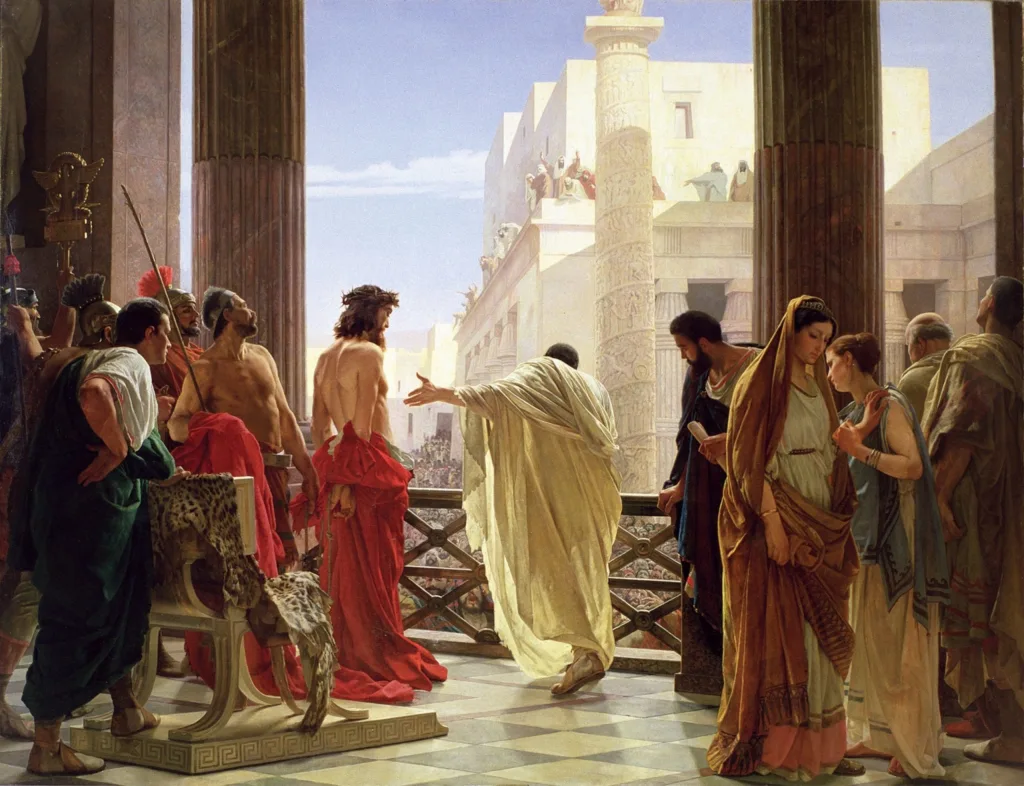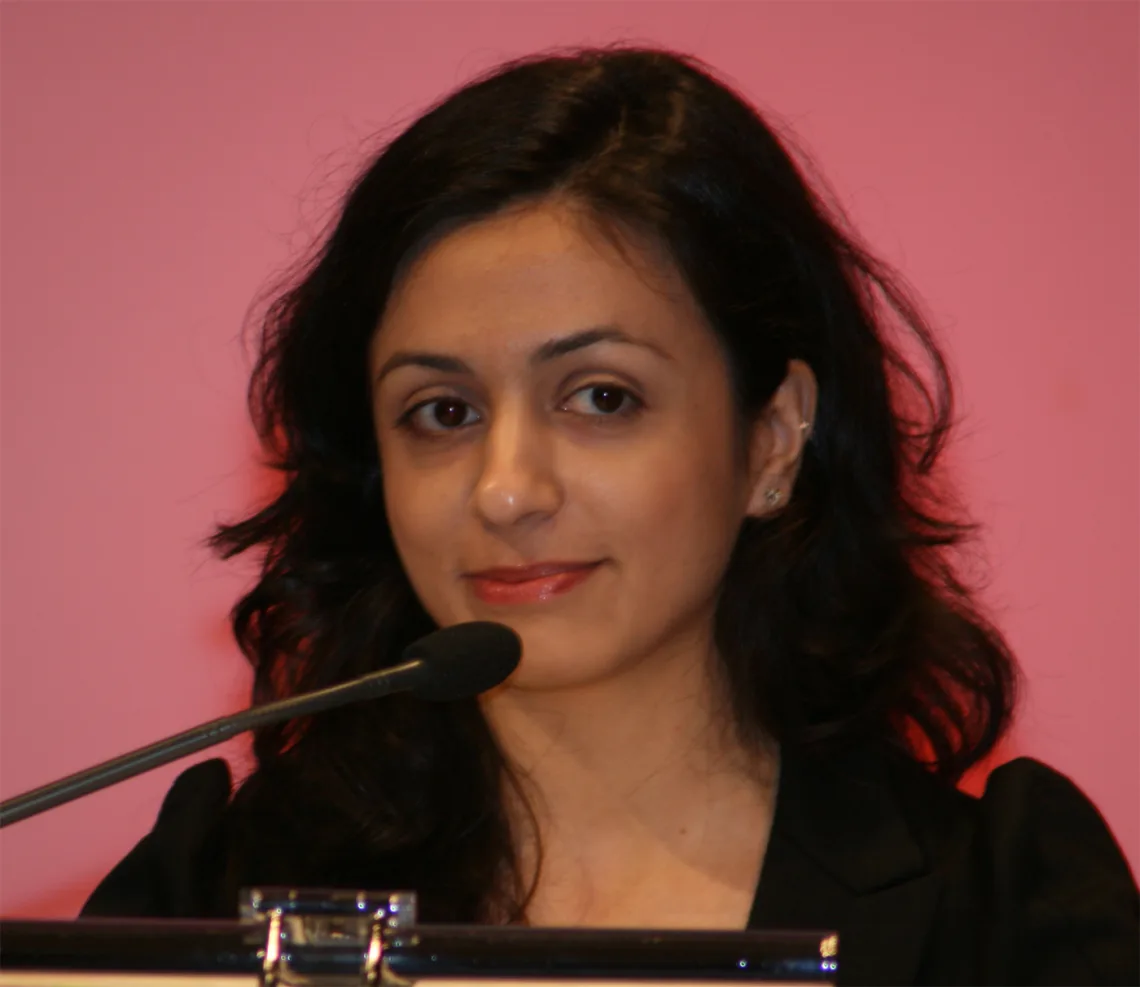Hadia Tajik and Vårt Land try as best they can to legitimise Islam in Norway by constantly equating the two religions. Photo: GAD, CC BY-SA 3.0, Wikimedia Commons
The parliamentary representative for the Labour Party claims that growing up she went to meetings at the prayer house in Bjørheimbygd.
“My Muslim parents sent me there so that I would have something sensible to do. They would rather I go there than to the leisure club nearby. There could be dancing, boys, smoke machines and grandiose”, writes Tajik in a chronicle in Vårt Land.
She says that the parents knew that at the prayer house there was crocheting, praise, parables from the Bible and flannelograph (a board or surface used to present information and oral narratives). Nothing that can lead to sinful thoughts and actions.
Tajik claims that her parents taught her that the Bible was also a holy book for Muslims.
“They are also people of the book,” said my mother, about Christians and Jews. Or Ahl-ul-kitab, as it is called in Arabic. Others call it Abraham’s children – the three monotheistic world religions, which are similar enough to have a common origin and different enough to be responsible for wars against each other,” writes Tajik.
However, the mother instilled early in the young Tajik’s mind that the Christian version is wrong, and the Muslim one the right one.
“I had learned from my mother that I should respect other people’s beliefs, and that Jesus was also an important prophet in Islam. But: “We do not believe that he is the son of God. Muslims believe that God is neither born of anyone, nor is he the father of anyone, she stressed.”
“Mother was concerned that this was not something I had to fuss about in the prayer house. I was supposed to listen to what they told me, while processing what Muslims thought inside me. If someone asked, I would say, but only then,” she writes further.
Hadia Tajik and Vårt Land try as best they can to legitimise Islam in Norway by constantly equating the two religions.
It will always be wrong anyway.

Pontius Pilate condemned Jesus to death, even though he believed he was innocent. Illustration: Wikimedia Commons/http://www.most-famous-paintings.org/Ecce-Homo-large.html
Pontius Pilate condemned Jesus to death, even though he believed he was innocent. Illustration: Wikimedia Commons/http://www.most-famous-paintings.org/Ecce-Homo-large.html
Tajik uses the column in Vårt Land to visualise what abuse of power can lead to, and uses Pontius Pilate as an example.
She says nothing about the fact that God is referred to as Allah in Islam, as well as the “right” of Muslims to lie to the unbelievers.
From archives, we remember that the Labour Party politician has no difficulty in lying, then disguising the lie in a rhetorically elegant “I didn’t remember”, when the lie is exposed.
Tajik, who is almost certainly forgiven for her attempt to cheat on the tax, should rather have written about herself instead of Pontius Pilate, when it comes to abuse of power and “washing of her hands”.

